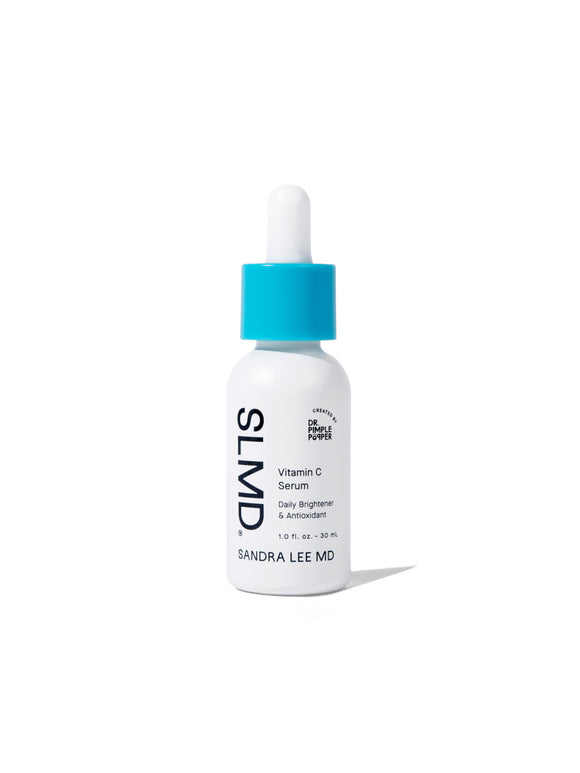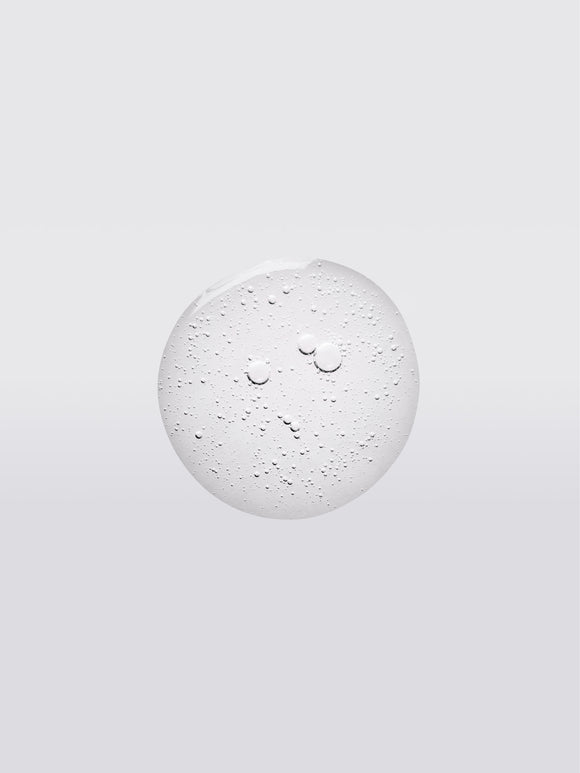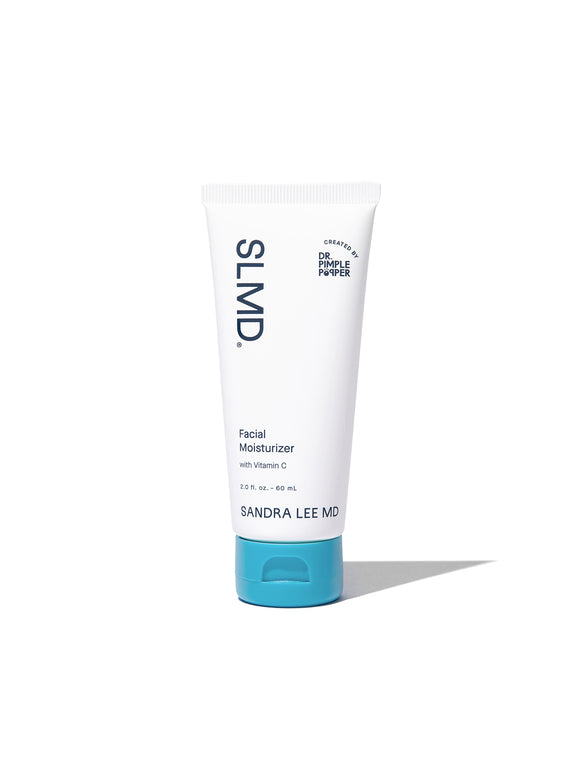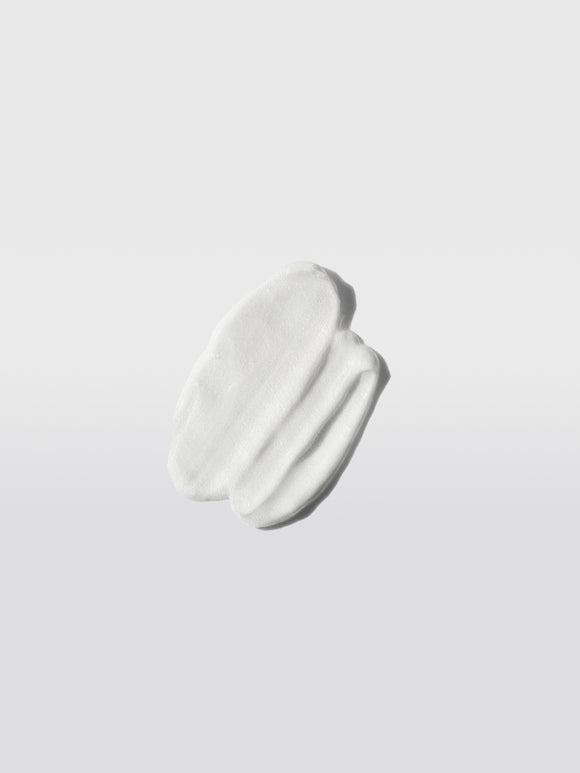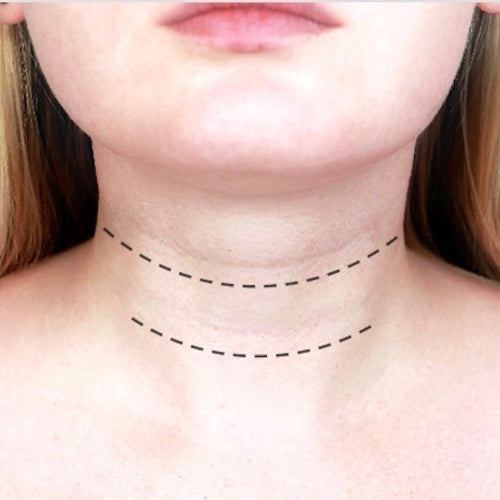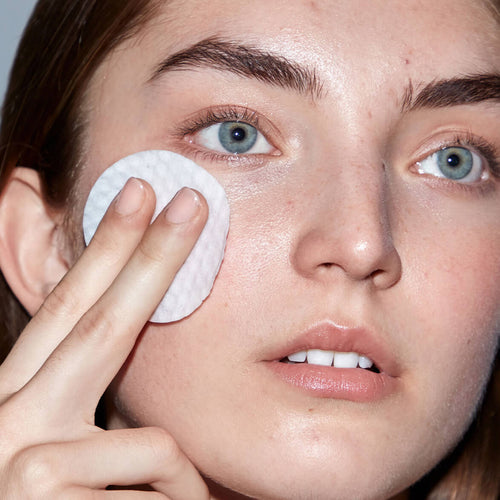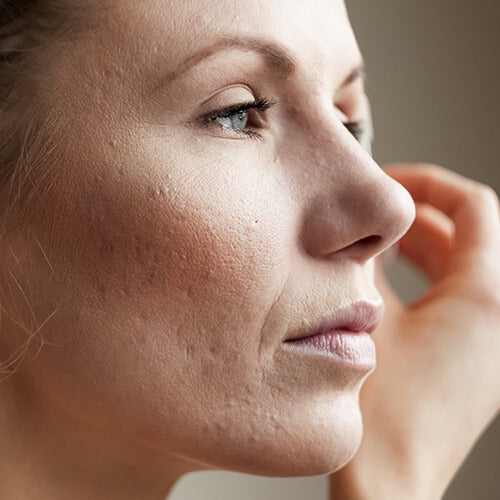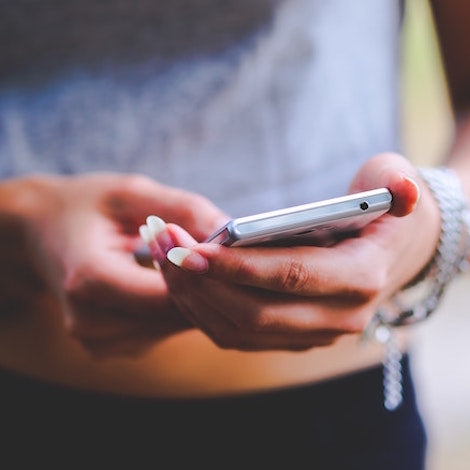
Is Blue Light Taking a Toll on Your Skin?
Maybe you've heard screens can affect your sleep — but they can also damage your skin. Here's what you can do about it.Published:
2 minute read
By now, most of us know that too much screen time has a range of unwelcome consequences — including its negative impact on your skin. From smartphones to laptops, we're constantly immersed in a sea of blue light.
Here, we explore what blue light is, how it affects our skin, and get expert tips from SLMD Skincare founder Sandra Lee, MD (aka Dr. Pimple Popper) on safeguarding our skin in the digital age.
Article Quick Links
What is blue light?
Part of the electromagnetic spectrum, blue light is a short wavelength, high energy type of light. While sunlight is a primary source, our exposure has skyrocketed with the advent of artificial lighting and digital screens. While screens emit a fraction of the blue light that the sun does, we do get very up close and personal exposure to our devices, intensifying its effects.
How does blue light affect your skin?
Though its impact isn’t as immediate as a sunburn from UV rays, blue light does take a toll on your skin. Recent research has illuminated the potential consequences of prolonged exposure to blue light. Impacts include:
- Stimulating pigment production. Melanin pigment is responsible for dark spots, aka hyperpigmentation.
- Triggering the generation of reactive oxygen species. ROS are known for causing DNA damage in cells.
- Disrupting the circadian rhythm of skin cells during sleep. Blue light affects our body’s production of melatonin.
- Impacting the crucial nighttime repair process. Blue light impacts skin cells’ ability to transmit and receive crucial signals during regeneration.
The net net? Over time, exposure to blue light translates into faster skin aging — including a breakdown of collagen and elastin.
Dr. Lee's Blue Light Fixes
Dr. Pimple Popper's tips for protecting skin from blue light
#1 Find ways to minimize exposure
Be mindful of screen time and use tools to cut exposure. Set screen time limits, take regular breaks, and switch to “night mode.” You can also try blue light glasses and special screen covers.
#2 Wear sunscreen even while indoors
Incorporate sunscreen into your daily routine, even when indoors. This precaution helps create a protective barrier against the potential harmful effects of blue light.
#3 Add Antioxidants into your routine
These substances play a vital role in neutralizing free radicals— the damaging chemicals produced by blue light exposure. Look for products containing vitamins C, E, and B-3 (niacinamide), green tea extract, and ferulic acid.
Try: SLMD Skincare Facial Moisturizer, Vitamin C Serum, Dual Defender SPF 30

Dr. Lee's Last Word
Understandably, many people are concerned about the effects of blue light on their skin. The good news is that you don’t have to stop working on your laptop or watching Netflix…you just need to know how to protect yourself!



